She was one of the first female engineers to earn a PhD and one of the first practitioners of organizational psychology.
Born in Oakland, California, Lillian was raised in a fairly traditional family. She was an excellent student, and with the support of her family, she earned a bachelor's degree in English literature from the University of California in 1900.
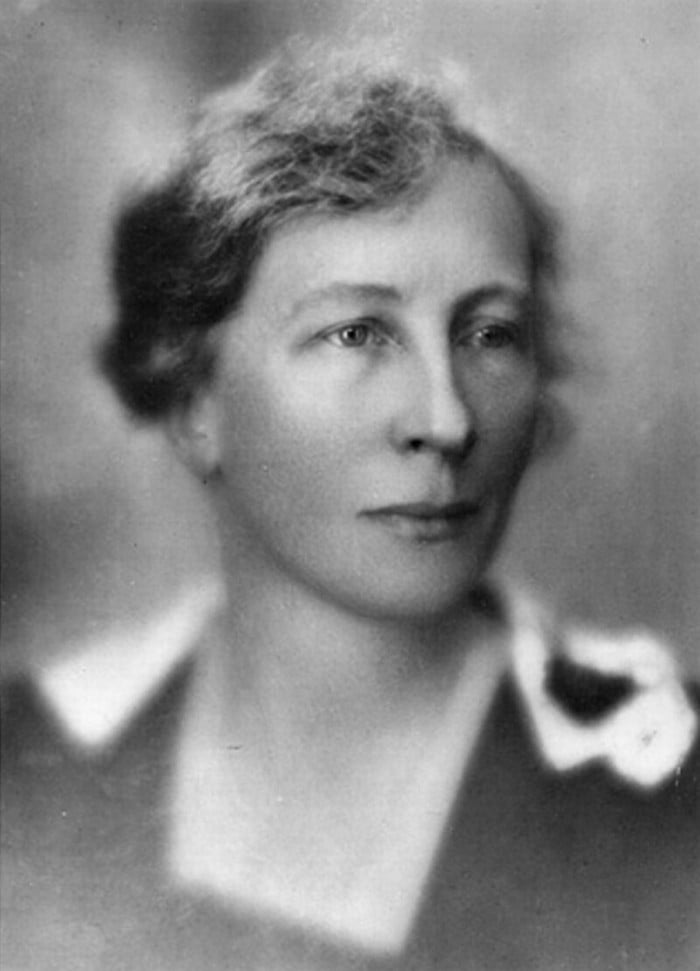
Lillian was one of the first female engineers to earn a PhD and one of the first practitioners of organizational psychology.
She then went on to earn a PhD in psychology from Brown University in 1915. Lillian had previously married Frank Bunker Gilbreth in 1904. Together, the couple produced some of the most influential research in the history of management and engineering.
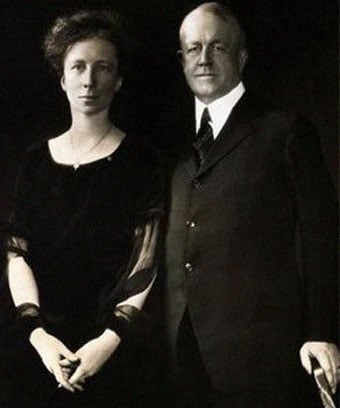
The Gilbreths
While Frank specializes in time-motion studies, analyzing efficient ways to complete tasks, Lillian focuses on the human side of the equation, incorporating psychology into industrial processes.
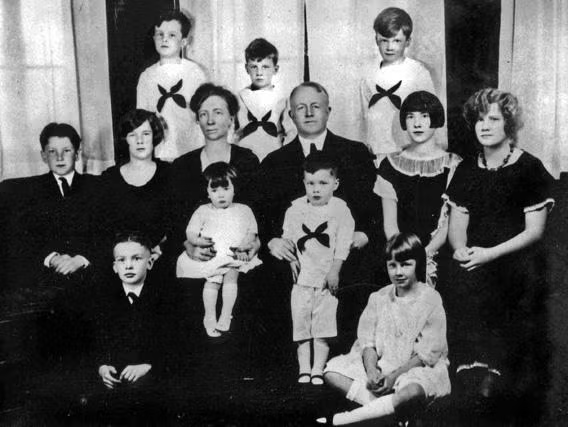
Lillian Moller Gilbreth and her extended family
The couple were the first to consider the psychological and physical needs of workers, laying the foundation for what we now call "ergonomics."
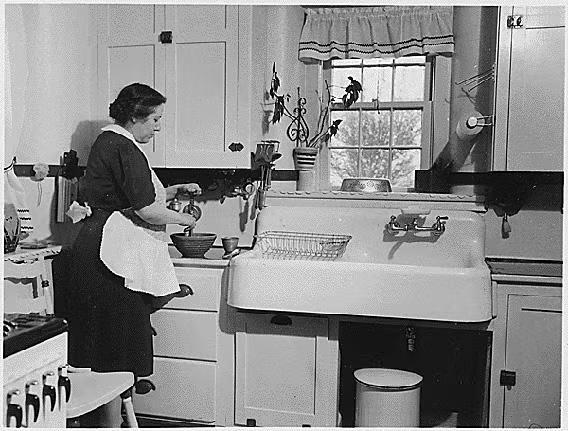
Typical kitchen layout before the “Practical Kitchen Design” era, circa 1920-1954
Lillian Gilbreth researches many areas such as time and motion, human factors, home economics , consumer research.
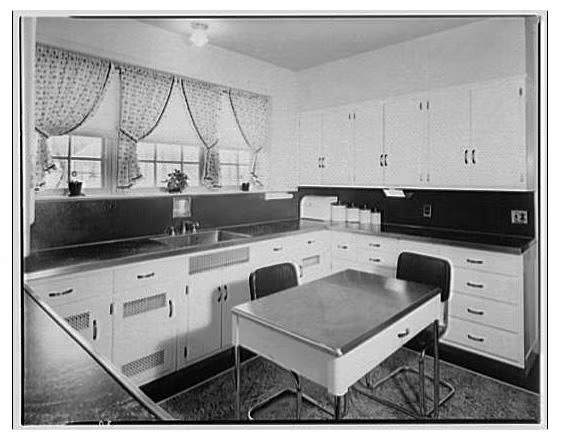
A kitchen inspired by Lillian Gilbreth's “Practical Kitchen Design”
Most of her research focuses on analyzing and redesigning work processes to increase efficiency and reduce worker fatigue, not only in work but also in everyday activities such as cooking.
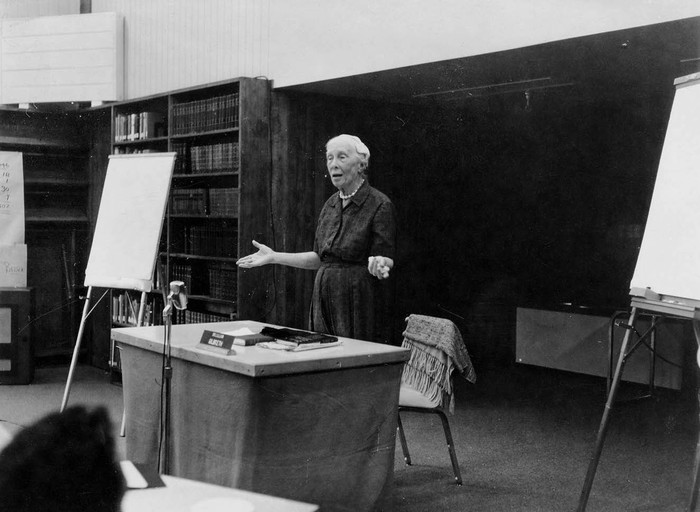
Lillian Moller Gilbreth on the Purdue University campus
Lillian also invented several household items such as the foot-operated trash can and the small shelf on the refrigerator door - items common in households today.
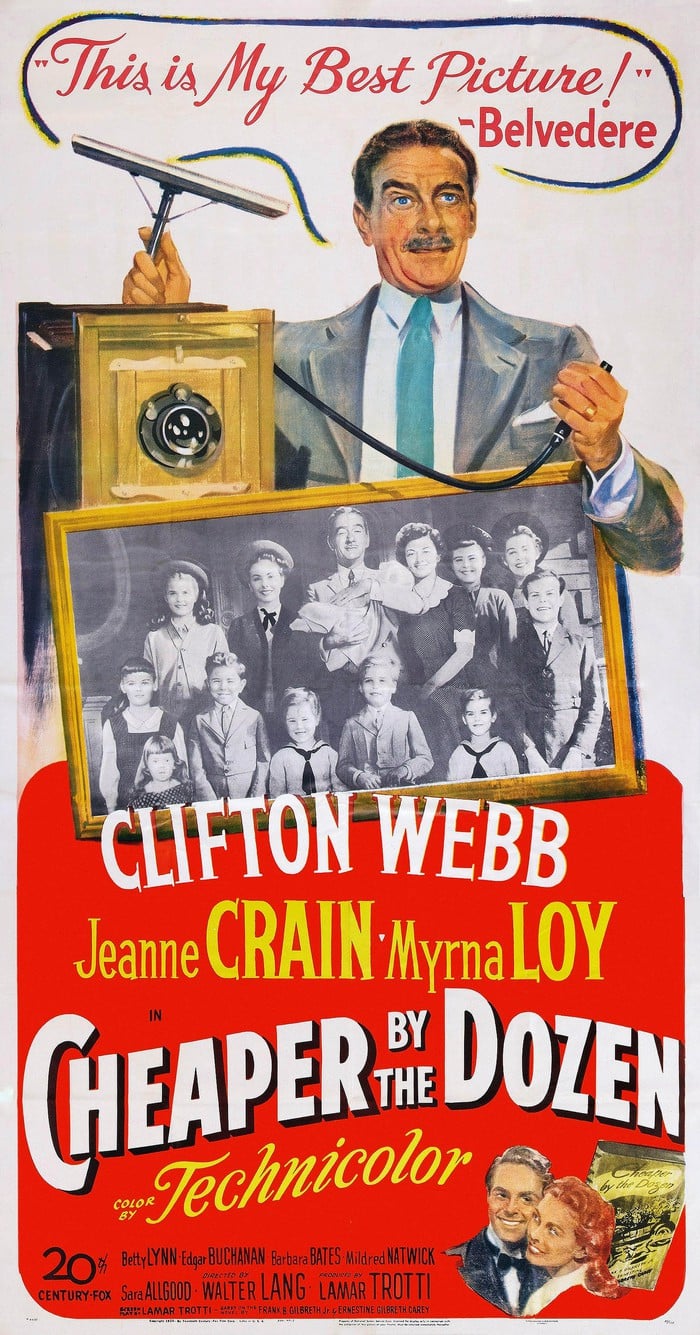
The Gilbreths' family life was chronicled in “Cheaper by the Dozen” (1948), later adapted into a film.
She was the first woman elected to the United States National Academy of Engineering and received more than 20 honorary degrees. In 1965, she was awarded the Hoover Medal for her contributions to humanity.
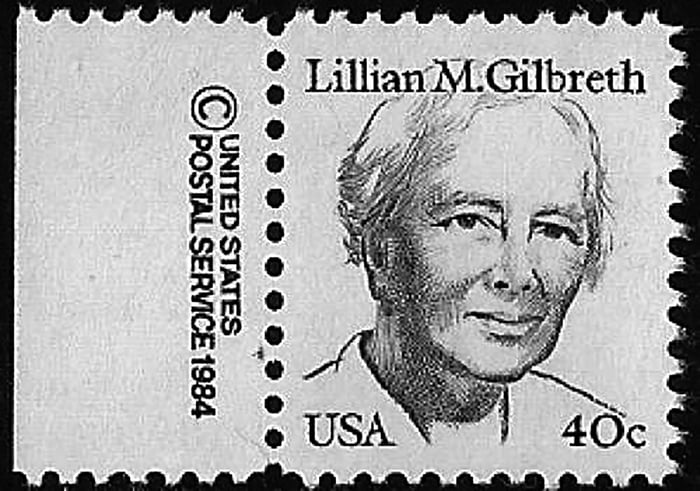
In 1984, the United States Postal Service issued a stamp in honor of Lillian Moller Gilbreth.
Lillian Moller Gilbreth's legacy is not only preserved in books on engineering and management, but also popularized through books and films based on the lives of the Gilbreth family with 12 children.
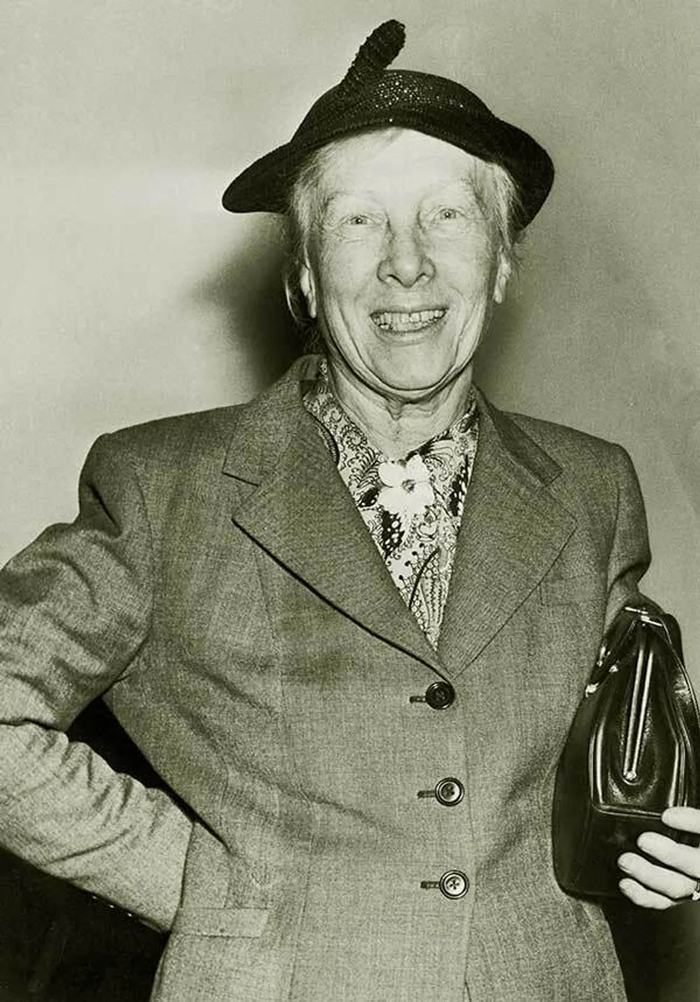
Lillian Moller Gilbreth becomes a monument in the STEM field
She has become a monument in the STEM field, inspiring young people, especially women in science .
Source: https://phunuvietnam.vn/nu-ky-su-la-tuong-dai-trong-linh-vuc-stem-20250522160736812.htm




















































![[Maritime News] More than 80% of global container shipping capacity is in the hands of MSC and major shipping alliances](https://vphoto.vietnam.vn/thumb/402x226/vietnam/resource/IMAGE/2025/7/16/6b4d586c984b4cbf8c5680352b9eaeb0)












































Comment (0)